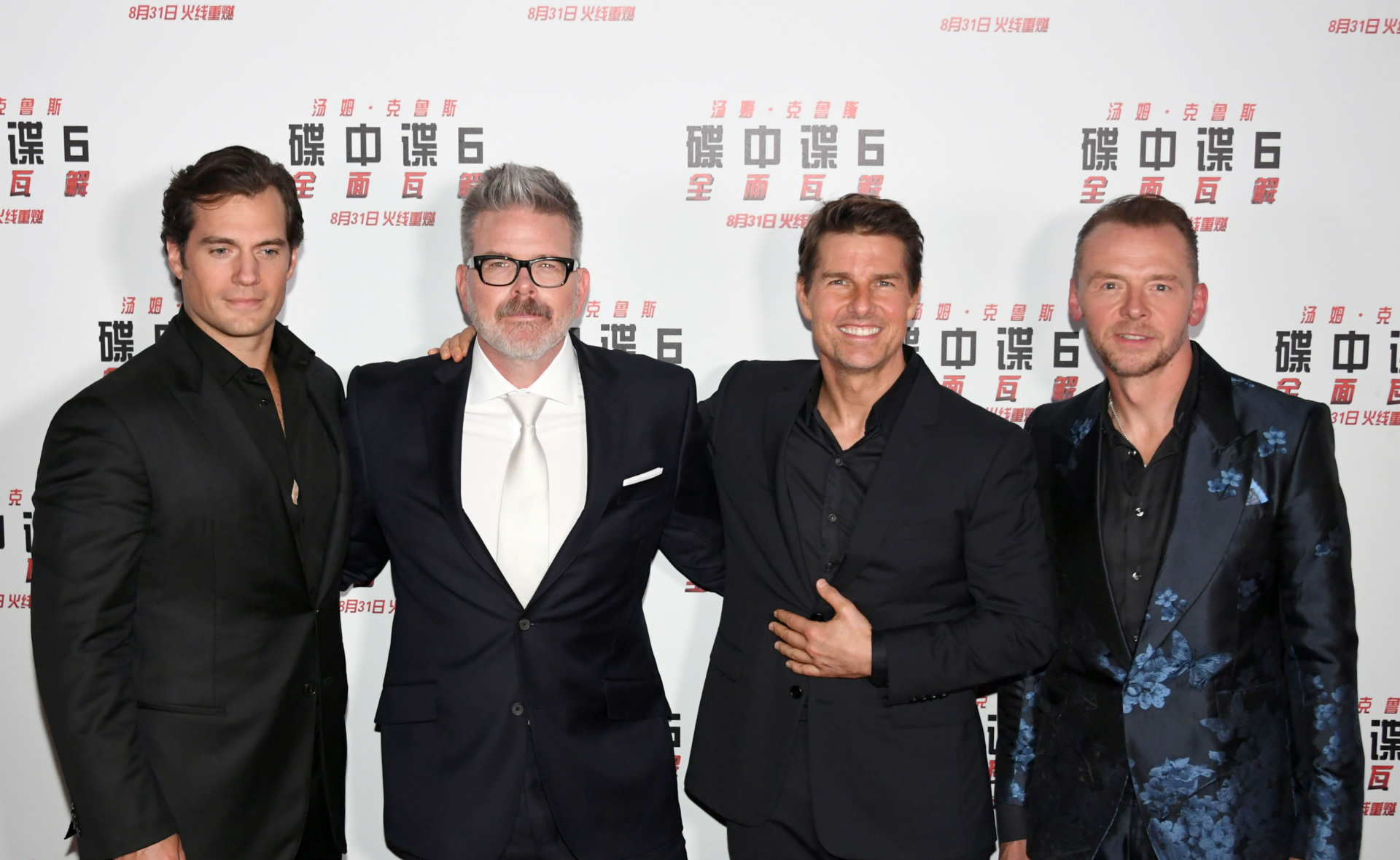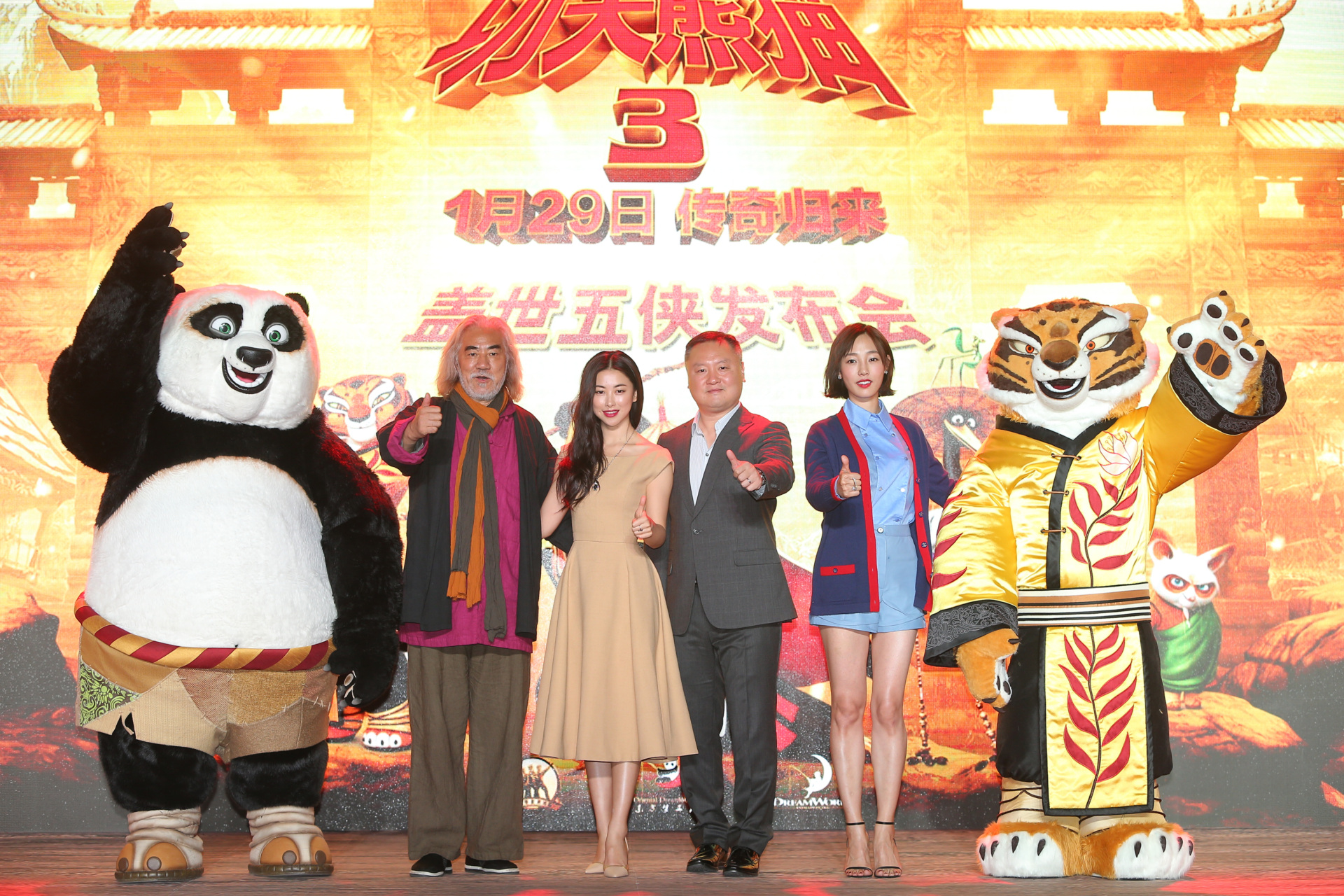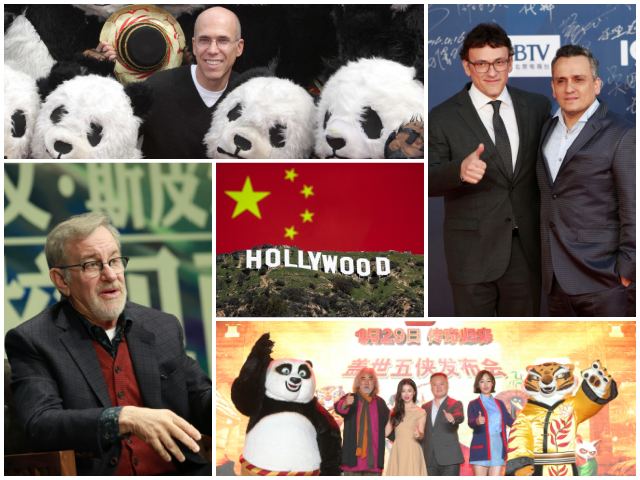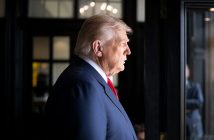How deep are Hollywood’s ties to China? Beijing’s tentacles have ensnared most major studios — and many smaller ones — as well as a raft of A-list names: Steven Spielberg, Michael Bay, Jeffrey Katzenberg, the Russo brothers. Even Tyler Perry isn’t immune to China’s power.
In his new book Blood Money: Why the Powerful Turn a Blind Eye While China Kills Americans, Breitbart News Senior Contributor and Government Accountability Institute President Peter Schweizer maps out the numerous and troubling ways Beijing has infiltrated Hollywood and turned this quintessentially American industry into a vassal of the Chinese Communist Party.
As the book notes, China casts a longer shadow on Hollywood productions than you might think. Of the one hundred highest-grossing movies released between 2014 and 2018, 41 had Chinese investors.
Many of the most recognizable blockbuster titles in recent years were made with Chinese money — the Transformers, Kung Fu Panda, and even some of the Mission: Impossible movies.

(L-R) Actor Henry Cavill, director Christopher McQuarrie, actor Tom Cruise, and actor Simon Pegg attend the “Mission: Impossible – Fallout” press conference on August 29, 2018, in Beijing, China. (Visual China Group via Getty Images)
Dune and its upcoming sequel were both financed by Legendary Pictures, which is majority owned by China’s Wanda Group. Legendary also financed the Pacific Rim movies and the latest Godzilla blockbusters.
China’s influence on Hollywood is more than just financial.
For years, Beijing has exerted an insidious creative pressure on American filmmakers to make China look strong and the United States appear weak by comparison. Communist values like collectivism are championed while American-style individualism is ridiculed.
Schweizer’s book notes that Transformers: Age of Extinction portrays senior Chinese government officials as results-oriented and capable, while American officials are bumbling and generally incompetent.
The Paramount movie even has an American bad guy, played by Stanley Tucci. He is ultimately defeated by a Chinese woman named Su Yeming (played by actress Li Bingbing), who is working alongside hero Mark Wahlberg.

Actress Li Bingbing (right) actor Stanley Tucci (left) are seen on set filming “Transformers: Age of Extinction” on October 20, 2013, in Hong Kong, Hong Kong. (Visual China Group via Getty Images)
In Kung Fu Panda 3 — which was co-financed by China — the protagonist Po no longer focuses on himself as an individual, as he did in the previous two movies, but instead focuses on the collective, encouraging the villagers to take up arms in an animated “people’s war” against the antagonist.

(L-R) Cartoon figure Po, producer Zhang Jizhong, actress Zhu Zhu, director Teng Huatao, actress Bai Baihe, and cartoon figure Tigress attend the press conference of DreamWorks Animation and Oriental DreamWorks’s American-Chinese computer-animated film “Kung Fu Panda 3” on December 15, 2015, in Beijing, China. (Visual China Group via Getty Images)
The Kung Fu Panda movies were produced by DreamWorks Animation, which was headed by Jeffrey Katzenberg. Under his leadership, the studio grew closer to China, announcing plans to construct a $330 million studio near Shanghai.
Katzenberg even sat down with Yu Zhengsheng, the chief of the Shanghai CCP, who encouraged him to produce “cultural products” that would help China’s image.
The result was Pearl Studio, which is majority owned by Chinese companies.
Continue reading: Breitbart.com





Leave a Reply